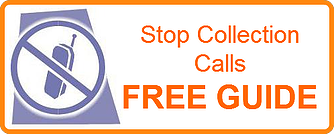
I received a summons for a credit card I cannot afford to pay. Can my Social Security check be garnished?
If you are retired or disabled and your only income is from Social Security, that income cannot be garnished!
Debt collectors prey on elderly or retired people by using scare tactics. It is not unusual to hear one of our clients report:
I got a call today and the collector told me that if I didn't send them money today they would garnish my monthly check or take all of my money out of my bank account!
According to the Federal Trade Commission and the Fair Debt Collection Practices Act, many federal benefits are EXEMPT from garnishment including:
- SOCIAL SECURITY BENEFITS
- SUPPLEMENTAL SECURITY INCOME (SSI)
- VETERANS BENEFITS
- CIVIL SERVICE and FEDERAL RETIREMENT and DISABLILTY BENEFITS
- MILITARY ANNUITIES and SURVIVOR'S BENEFITS
- RAILROAD RETIREMENT, MERCHANT SEAMAN WAGES
- LONGSHOREMAN'S and HARBOR WORKER'S DEATH and DISABLITLY BENEFITS
- FOREIGN SERVICE RETIREMENT and DISABILITY BENEFITS
- FEDERAL EMERGENCY MANAGEMENT AGENCY FEDERAL DISASTER ASSISTANCE
But, in certain cases, such as delinquent taxes, alimony, child support or student loans, federal benefits may be garnished.
Be very careful about your bank account!
As long as the funds in your checking or savings account only came from retirement accounts (such as above) and ARE NOT CO-MINGLED with income you may earn in addition, then your account cannot be levied.
If you have another job, make sure to either just cash that check or open another bank account, preferably in another bank for those funds.
Since most debt collectors are professionals, trained to say anything in order to get you to send them money, you should consider the services of a DEBT MANAGMENT COMPANY.
They may be able to:
- Limit or stop the harassing calls
- Negotiate a reduced settlement help lower your payments and fees
- Help improve your credit score as debts are paid off
- GIVE YOU PEACE OF MIND!
Did you recieve a Summons? If so, we can help you. Request more information or give us a call for a FREE consultation!
1-877-492-4109
photo by: alfcio




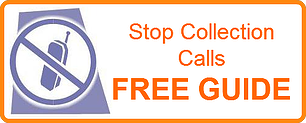
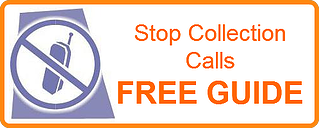
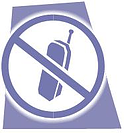 Need help putting a stop to collection calls? Try this:
Need help putting a stop to collection calls? Try this: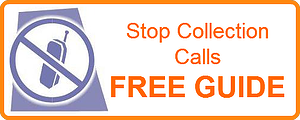



 A collector threatens you with a possible wage garnishment.
A collector threatens you with a possible wage garnishment. 
